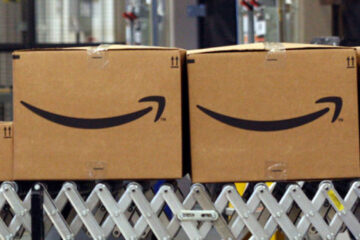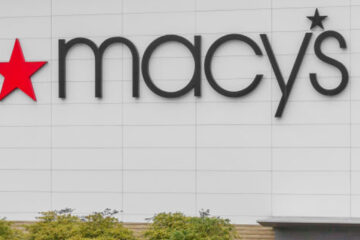Consumer sentiment is a fickle thing.
Brands can spend years, even decades, building their brand image through meticulous PR work and well-placed advertisements.
But one false move, or a series of bad mistakes, can easily derail all of that work.
Related: Jeep, Dodge parent has no solution for this emerging problem
Tesla is the latest company to find this out the hard way.
The electric vehicle maker has gone from brand darling among its core audience, the environmentally conscious, to an absolute pariah among the same group in seemingly record time.
Last month, a newly released study of the U.S. EV market showed that American EV buyers no longer trust Tesla.
The Electric Vehicle Intelligence Report received over 8,000 consumer responses in April. The market research and sentiment measure seek insight into how consumers feel about the EV market, and their feelings towards Tesla have certainly changed.
“A significant portion of the EV consumer and potential consumer base is being alienated from the Tesla brand, with negative perceptions growing faster than positive perceptions and key metrics on trust and safety in worrisome territory,“ the report states.
Honda, Porsche, and BMW were the most trusted brands among consumers, while Tesla ranked as the lowest-trusted EV brand.
Honda, Chevy, and Ford were considered the most “family-friendly” brands. Tesla, along with Lucid and Porsche, underperformed in this category.
Regarding EV safety, Honda, Nissan, and Chevy took the top spots. Tesla ranked second-to-last on safety, ahead of only VinFast.
Tesla drivers in Australia are worried about a dangerous problem.
Image source: Brauer/Bloomberg via Getty Images
Tesla class action lawsuit in Australia swells to 10,000
With a market cap that hovers close to a trillion dollars, Tesla is by far the world’s most valuable car company, despite selling a fraction of the vehicles that some of its competitors do.
Tesla justifies its valuation by saying that it is much more than a car company. Everything from its full self-driving tech to its driver data and AI systems makes it much more valuable than your average car company.
However, a group of Australian Tesla owners is suing the company over software issues that could make driving dangerous.
Related: White House makes major decision on cars, escalates California feud
A U.S. consumer lawsuit over “phantom braking“ has spread to Australia, where about 10,000 Tesla owners have joined a class action lawsuit against the company.
Phantom braking occurs when the car’s computer suddenly tells the vehicle to brake without input from the driver.
“Drivers have reported feeling completely terrified when their vehicles have braked suddenly, and it has led in some cases to collisions,” said Rebecca Jancauskas, a class action lawyer, told ABC Australia.
“We’ve had many reports of people who registered for this class action, telling us that they’ve been driving with their hands on the vehicle, fully alert, and these issues have occurred nonetheless.”
Despite the size of the lawsuit and the well-documented phenomenon of phantom braking, Australia’s federal infrastructure department has only received six formal complaints about the issue over the last two years, Jalopnik reported.
The lawsuit seeks compensation for the lower resale values Tesla owners face because potential buyers are aware of the braking issue.
Tesla did not immediately respond to a request for comment.
Tesla’s bumpy 2025 isn’t getting any easier
Tesla sales dropped 16% year over year in April, according to a new report from S&P Global Mobility.
Americans bought 97,800 EVs in the month, a 4.4% decrease from the year prior.
Since Tesla is the EV market leader with a 42% market share, the company’s struggles significantly affected the industry as a whole.
Tesla reportedly sold fewer than 40,000 vehicles in the quarter, according to Automotive News.
Related: Ford reports another blowout sales month, but trouble could be ahead


